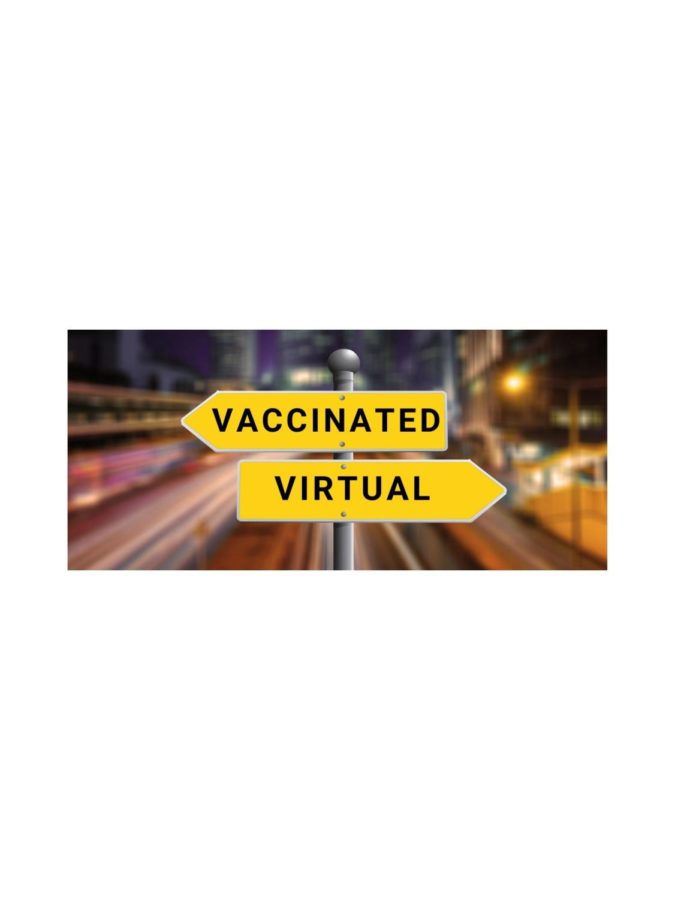Colleges Expected to Require Full Vaccination for Incoming Students
April 27, 2021
College is often considered to be a major stepping stone into the real world for many students. Unfortunately, not everyone has access to these four-plus years of character building, learning, and responsibility. In the fall semester of 2021, the number of students that have access to those in-person experiences could shrink even more if they are not fully vaccinated with the COVID-19 vaccine. With the vaccines equipping millions of Americans with protection from COVID-19, colleges and universities want to protect their students and campuses come this fall.
There is a growing list of schools across the country that are requiring all of their students to be fully vaccinated in time for the new collegiate school year in the fall of 2021, or they will be barred from living and attending classes on campus. While this new requirement was ultimately expected in the coming months, some students might not have the vaccine available to them by the new school year. Nonetheless, this is a positive step towards restoring college campuses to be lively places for students to interact and learn.
For many colleges, this past academic year was plagued with quarantines and mass testing as parties and large social gatherings set back numerous campuses in their prevention of the spread of COVID-19. These instances often caused schools to hold their classes remotely, withdrawing the in-person aspect of learning. As a result, students felt a lack of motivation due to the substantial amount of hours staring at a computer screen. One study from the National Association of Student Financial Aid Administrators found that, “76% of all undergraduates surveyed identified the lack of motivation for online learning as the biggest obstacle.” Luckily, vaccination requirements could limit, or even fully eliminate, the number of schools that will teach their courses virtually this upcoming school year.
However, students face another issue especially those from foreign countries, that may not have access to a vaccination site. While some schools plan to tackle this problem by providing vaccinations to those students once they arrive on campus, some students may feel unsafe travelling without being fully vaccinated. This obstacle will require some more thought and action as the new academic year approaches and colleges seek to fill their campuses again.
Additionally, there is still a myriad of people that choose not to receive the vaccine with fears regarding what the vaccine contains. Not only could this controversy delay the arrival at the “herd-immunity” level of vaccination in the U.S., but it could also force colleges to only offer remote learning for those who choose not to get vaccinated.
Requiring vaccinations for college students seems like a step in the right direction for hundreds of colleges and universities across the country, but many questions and concerns remain unanswered. Regardless, this stipulation is an exciting and promising aspect of the nation’s transition back to normalcy in the coming months.




